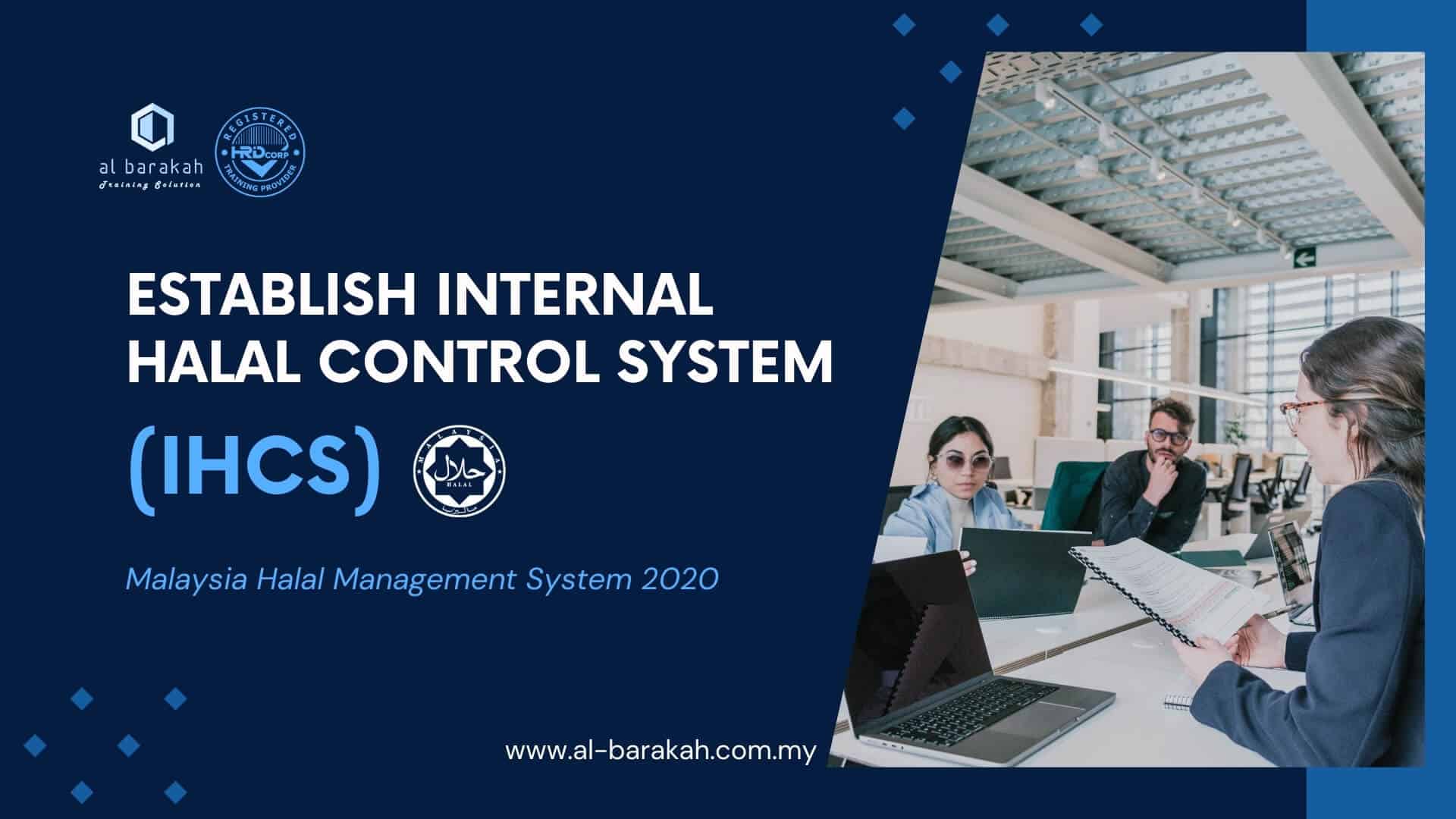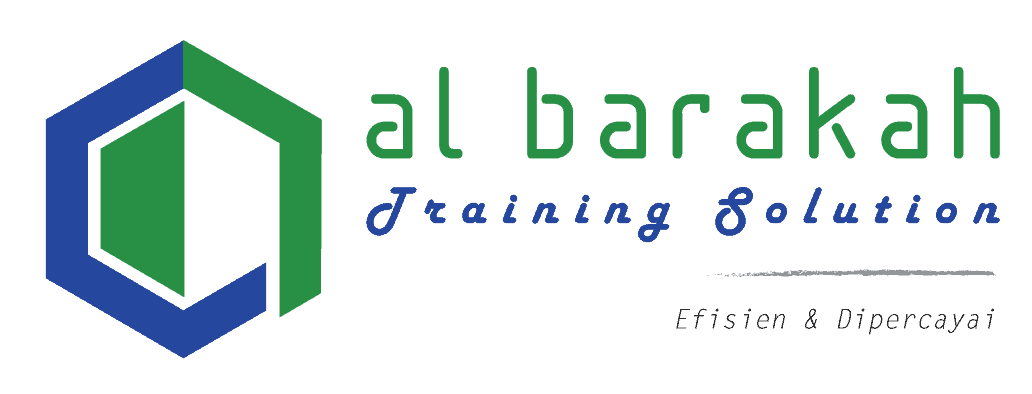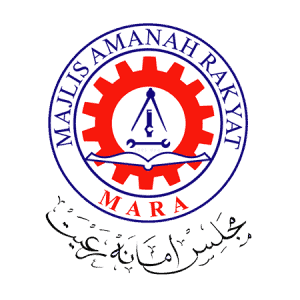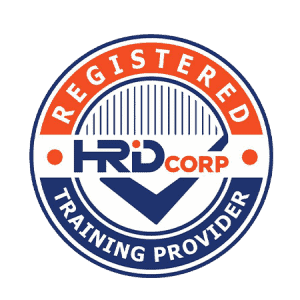In the competitive and rapidly evolving global market, maintaining compliance with Halal standards is not just a regulatory requirement but also a vital business imperative. The “Malaysia Halal Management System: Establish Internal Halal Control System (IHCS)” training course is specifically designed for small businesses that are Halal certified and wish to either develop or enhance their Internal Halal Control System (IHCS). This comprehensive training provides in-depth knowledge and practical guidance on creating a robust IHCS that aligns with the Malaysia Halal Management System 2020 (MHMS 2020).

Importance of IHCS in Halal Certification
Halal certification is a symbol of trust and quality for Muslim consumers worldwide. It ensures that the products are permissible according to Islamic law, which covers everything from the sourcing of raw materials to the processing and packaging of the final product. For businesses, particularly small enterprises, maintaining Halal certification can open doors to a broader market, including both domestic and international Muslim consumers. However, achieving and sustaining Halal certification requires a meticulous approach to Halal compliance, which is where the Internal Halal Control System (IHCS) comes into play.
Understanding Internal Halal Control System (IHCS)
An Internal Halal Control System (IHCS) is a systematic approach designed to ensure that all processes within an organization comply with Halal standards. The IHCS serves as an internal regulatory framework that guides the operations and management practices to consistently produce Halal-compliant products. This system encompasses various elements, including policy formulation, resource management, production controls, and continuous improvement practices.
Overview of Malaysia Halal Management System 2020 (MHMS 2020)
The Malaysia Halal Management System 2020 (MHMS 2020) outlines the comprehensive requirements for Halal certification in Malaysia. It includes guidelines on how businesses should structure their operations to ensure Halal compliance. The MHMS 2020 places significant emphasis on the development and implementation of an effective IHCS. Understanding MHMS 2020 is crucial for businesses to align their internal practices with national standards, ensuring that they meet all regulatory requirements and maintain their Halal certification status.
Objectives of the Course
The primary objective of this course is to empower small businesses with the knowledge and tools needed to establish and maintain an effective Internal Halal Control System (IHCS). By the end of this course, participants will have a clear understanding of the key components of MHMS 2020, the principles of Halal Assurance System (HAS), and the practical steps to develop and implement an IHCS within their organization.
Key Topics Covered
The course covers several critical topics essential for understanding and implementing an IHCS:
1. Halal Issues: Participants will gain insights into current Halal certification challenges, common compliance issues faced by businesses, and the importance of adhering to Halal standards.
2. MHMS 2020 Overview: Detailed discussions on the key components and objectives of the Malaysia Halal Management System 2020, including updates and changes in the 2020 system, and the compliance requirements for businesses.
3. Introduction to HAS and IHCS: A comprehensive introduction to the Halal Assurance System (HAS) and the Internal Halal Control System (IHCS), explaining their significance, components, and the relationship between HAS and IHCS.
4. Elements of IHCS: Detailed exploration of the core elements of an IHCS, including policy and commitment, management responsibility, resource management, product realization, and continuous improvement practices.
5. Development of IHCS: Step-by-step guidance on setting up an IHCS, identifying critical control points, developing Standard Operating Procedures (SOPs), and implementing training and awareness programs for staff.
6. Documentation and Records: Instructions on the types of documentation required for IHCS, best practices for record-keeping, maintaining and updating documentation, and auditing and reviewing the IHCS.
7. Implementation and Continuous Improvement: Strategies for effectively implementing IHCS in the organization, monitoring and evaluating its effectiveness, continuous improvement strategies, and handling non-compliance and corrective actions.
Practical Benefits
By participating in this training, businesses will learn how to systematically manage their Halal compliance processes, ensuring that all products meet Halal standards consistently. This not only helps in maintaining certification but also enhances the overall credibility and trustworthiness of the business in the eyes of consumers.
Target Audience
This course is particularly beneficial for Halal Compliance Officers, Quality Assurance Managers, Production Managers, and Small Business Owners. It is designed to provide them with practical skills and knowledge to develop and improve their Internal Halal Control System (IHCS), thereby ensuring that their operations are always in compliance with Halal standards.
Methodology
The training will be conducted through a series of interactive online sessions, including:
- Lectures and Presentations: Detailed explanations of concepts and frameworks.
- Case Studies: Real-world examples to illustrate key points.
- Q&A Sessions: Opportunities for participants to ask questions and clarify doubts.
- Interactive Activities: Practical exercises to apply learning to real scenarios.
In conclusion, the “Malaysia Halal Management System: Establish Internal Halal Control System (IHCS)” training course is an essential investment for small businesses aiming to uphold Halal integrity and compliance within their operations. Through this training, participants will be well-equipped to develop, implement, and continuously improve an effective IHCS, aligning their practices with the stringent requirements of MHMS 2020 and enhancing their market reach and consumer trust.







































